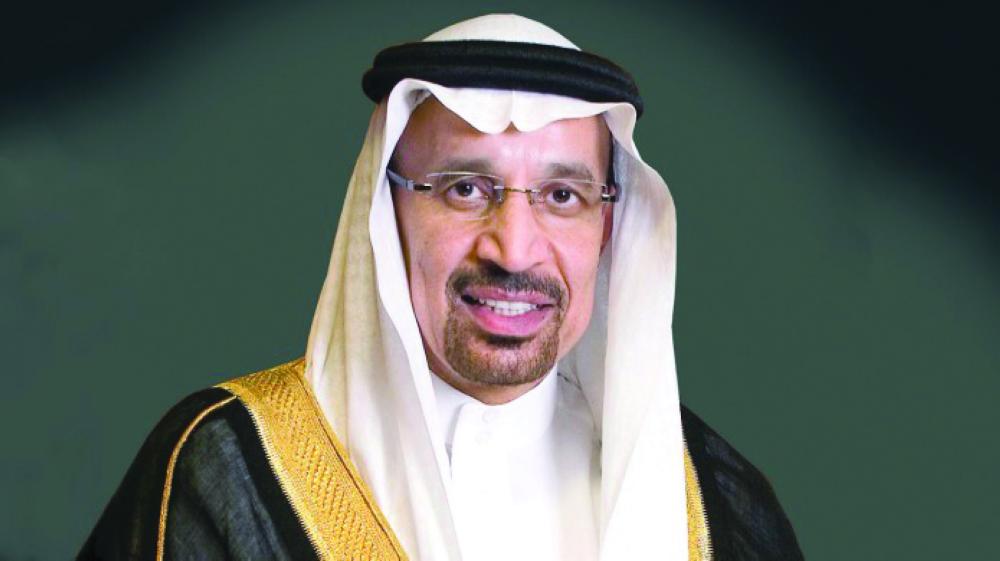
‘International Oil Diplomacy Person of the Year 2017’ to be conferred on Khalid Al Falih
Saudi Arabia’s Minister of Energy, Industry & Mineral Resources, Khalid Al Falih, will be presented with the ‘International Oil Diplomacy Person of the Year 2017’ Award at the Energy Institute’s International Petroleum (IP) Week on Feb. 22 in London.
The selection of Al-Falih came in appreciation and recognition of the pivotal role the energy minister of Saudi Arabia played through 2017 in shepherding the implementation of the Vienna Agreement to cut global oil supply, which played a seminal role in eroding record inventories and pushing oil prices to consolidate above $60 a barrel. Al-Falih, who remains Chairman of the Joint Ministerial Monitoring Committee for the OPEC non-OPEC Vienna Agreement, said he was “flattered” to receive the accolade.
The prestigious Award, which is presented annually by the U.K.’s Energy Institute and Gulf Intelligence, is also in recognition of the leadership displayed by Al-Falih in guiding some 20 producing countries from around the world to find common purpose in cooperation to reach over 100% compliance with cuts and extend the oil supply pact for a second year through to the end of 2018.
“As President of the OPEC Conference, you have shown exemplary vision and leadership through 2017 with your stewardship of the implementation of the "historical" agreement to seek oil market stability among some 20 OPEC and non-OPEC countries to the benefit of producing and consuming nations alike,” said Malcolm Brinded CBE, President, Energy Institute.
The Energy Institute, host of IP Week, is the largest Royal Charter international professional membership organization and learned society concerned solely with energy, with Her Majesty the Queen as its Patron. IP Week is recognized as one of the major international oil and gas events, where senior leaders, policy makers and academics gather to share, learn and shape the future direction of the industry. IP Week has a global appeal, attracting delegates from over 50 countries and it is one of the major events in the oil and gas industry’s calendar.
On January 1, 2017, after almost a year of shuttle diplomacy, OPEC and non-OPEC producers, reached their first deal since 2001 to reduce oil output jointly by almost 1.8 million barrels a day. The accord ended a record global oil glut after more than two years of low crude prices that overstretched many state budgets. Oil prices, which fell below $30 a barrel in 2016, have since more than doubled to almost $70 a barrel.



























